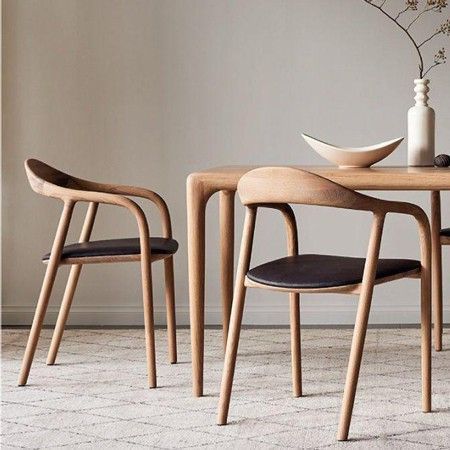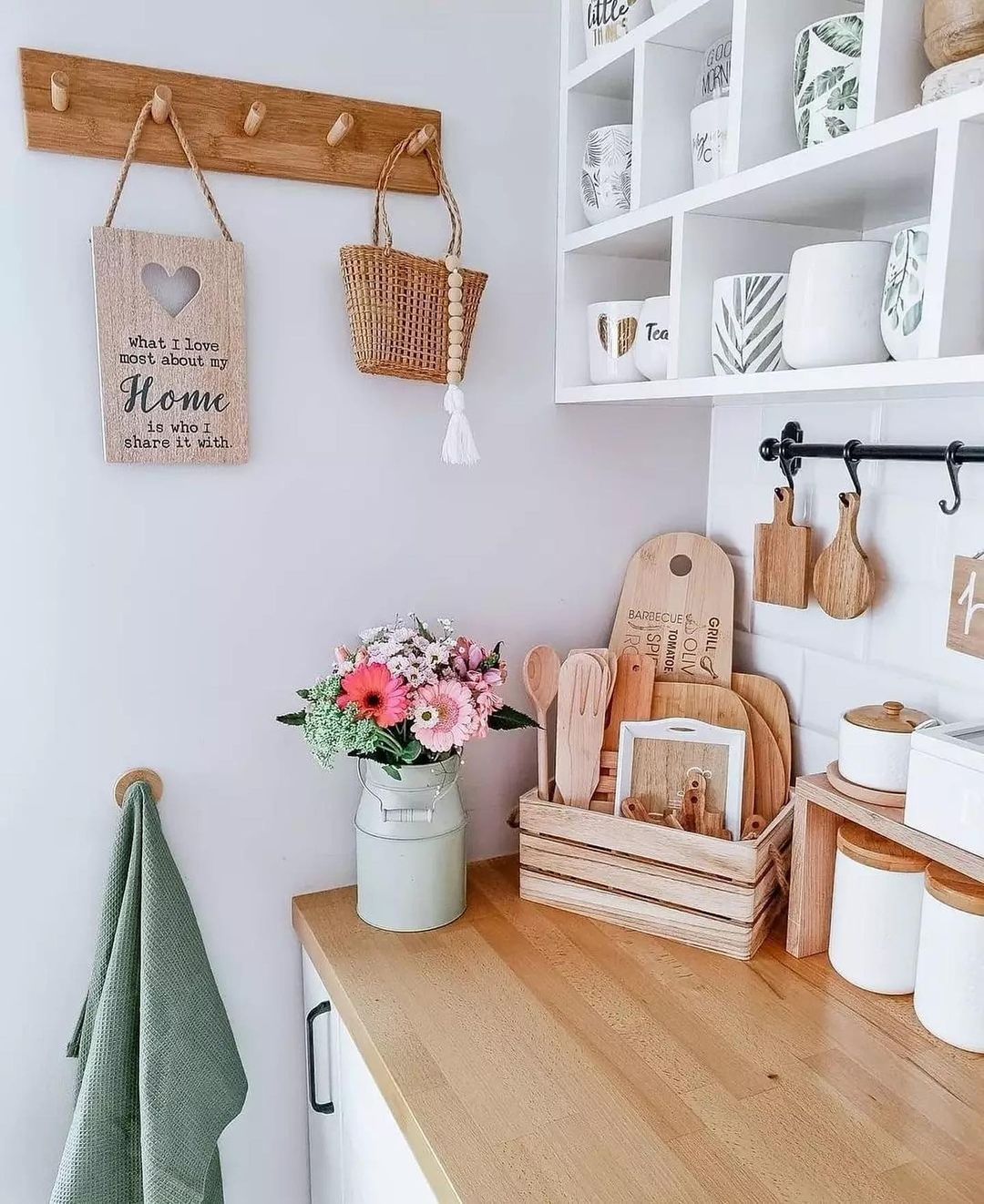the importance of environmental protection and sustainable development has gradually attracted people’s attention. In fields such as construction and handicrafts, wood has always been a common material choice, but problems such as the pressure on forest resources caused by wood logging and environmental pollution produced during wood processing have become increasingly prominent. In order to find more environmentally friendly alternative materials, bamboo-wood composite materials have become a new option that has attracted much attention.
Bamboo, as a natural material, has tremendous growing properties and environmental advantages. It grows rapidly, reaching its mature height within a year, whereas wood takes decades or even centuries. Bamboo’s growth rate and density make it an ideal renewable material, not only to meet human needs but also to protect and restore forest resources.
The application value of bamboo in construction and craftsmanship is gradually recognized. Bamboo’s strength and durability allow it to be used in important projects such as building bridges and houses. For example, the famous Dujiangyan irrigation system in Chengdu, China, uses large amounts of bamboo. In addition, bamboo can also be processed in various processes to make furniture, handicrafts, etc., which greatly broadens the application fields of bamboo.
Bamboo has a close relationship with environmental protection. Bamboo is a natural carbon-sequestering plant that can absorb large amounts of carbon dioxide and release oxygen, helping to slow down global climate change. Bamboo grows faster than wood and has a smaller CO2 footprint. In addition, the root system of bamboo can effectively prevent soil erosion and protect water and soil resources.
As a special plant, bamboo also has rich biological diversity and ecological functions. Bamboo grows in tropical and subtropical regions and provides a natural habitat and food source for numerous animals. At the same time, bamboo forests are also helpful in protecting water sources and preventing natural disasters. The functions of water source protection, wind protection, and bank protection are unique to bamboo.
Bamboo fiber extracted from bamboo is an important material with excellent physical properties and environmentally friendly properties. Bamboo fiber has the characteristics of high strength, light weight and good wear resistance, and is suitable for use in the textile field. At the same time, the production process of bamboo fiber is more environmentally friendly, does not produce a large amount of pollutants, and meets the requirements of sustainable development.
Based on the advantages of bamboo and bamboo fiber, bamboo-wood composite materials came into being. Bamboo-wood composite materials are materials made from bamboo and wood through a series of processing techniques. It inherits the advantages of bamboo and wood and has high strength and stability. Bamboo-wood composite materials can not only replace traditional wood, but also reduce dependence on natural resources and reduce environmental impact.
In addition to its applications in construction and crafts, bamboo also has medical and health-care properties. Bamboo has natural antibacterial properties and is used in the manufacture of medical devices and health care products. At the same time, bamboo also helps regulate indoor humidity and temperature, providing a pleasant living environment.
Bamboo has a long history and cultural tradition in China and is an important element of Chinese traditional arts and folk activities. Bamboo incense culture has become an important tourism resource, attracting many tourists to visit and experience it.
Bamboo also plays an important role in sustainable agriculture. Bamboo can not only serve as a protective barrier for farmland to reduce sand erosion, but can also be used to grow some crops that bamboo likes to eat, providing protection for the farmland ecosystem.
All in all, bamboo-wood composite materials, as new environmentally friendly alternative materials to wood, have broad application prospects. Bamboo’s growing characteristics and environmental advantages make it an ideal material for sustainable development. Bamboo can not only be used in construction and crafts, but also has medical and health functions. At the same time, bamboo also carries rich cultural traditions and the development potential of sustainable agriculture. It is believed that with the advancement of technology and society, bamboo-wood composite materials will be more widely used in the future and make greater contributions to environmental protection and sustainable development.
Post time: Nov-06-2023








